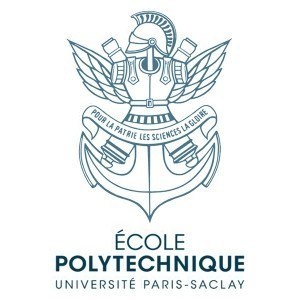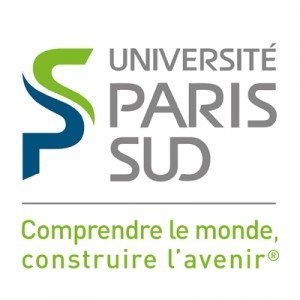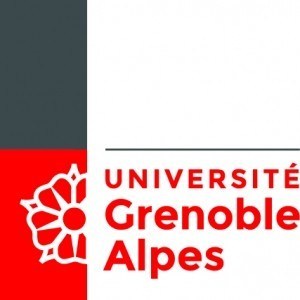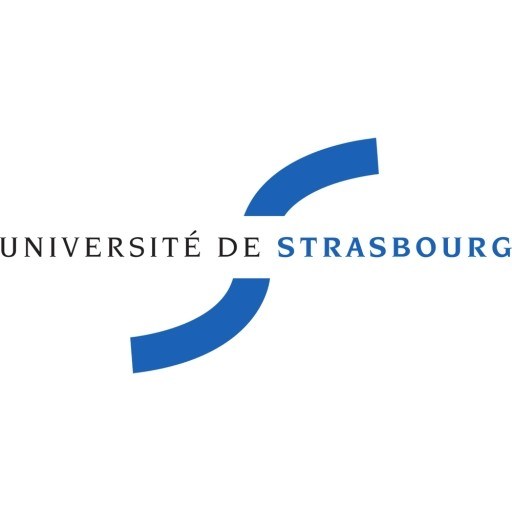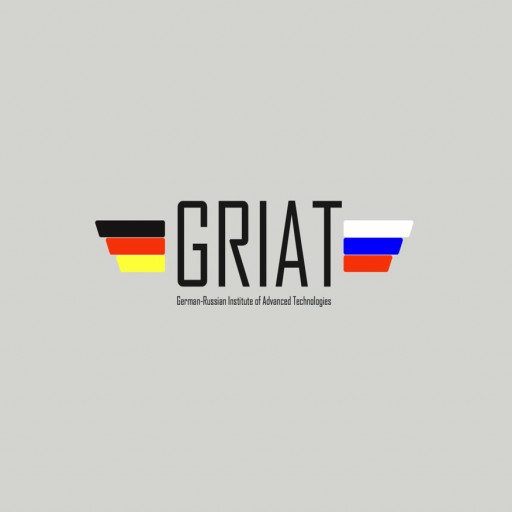Advertisement
The Micro & Nanotechnology specialty trains professionals and researchers with a good knowledge of industrial applications of microsystems and nanosciences: characterization, manufacturing & integration.
Students develop high-level, scientific and technical skills in the following areas:
* Mastery of the physics concepts, in the field of nanosciences
* Mastery of the technology processes for the manufacturing of devices
* Knowledge of the properties of materials on a nanometric scale (whether electronic, optical, magnetic, mechanical...)
* Competence in nano- and opto-electronics (advance components of microelectronics)
* Mastery of nano-characterization techniques
* Electronic microscopy
* Near field microscopy
* Electrical characterization of nano-devices (DC, HF, Low Temperature)
* Active thin films and active nano-structures for microsystems and functional electronics
* Micro- & nano-systems (MEMS-NEMS)
* Technical simulation (whether electrical, mechanical or physical)
Career openings
This multidisciplinary specialisation opens very good career opportunities in the innovation sector; public research or industrial research & development labs .
Our graduates are engineers or researchers in the microlectronics industry, in sectors where nanoelectronics have an increasing impact (medicine, biology, smart textile...)
* Manufacturing process Engineer (manufacturing of components - sensors, fibres...and ICs, new materials, manufacturing of labs-on-a-chip...)
* Device design engineer
* Research & development engineer
* Consultant in project set up / Operational consultancy, guidance for companies
Objectives
The scientific objective is to provide students with: - Good knowledge of concept used for used for development of advanced devices (Magnetic, organic, semiconductor devices, MEMs, fluidic...). - Good knowledge of material properties, and technology (in cleanroom environment). - Characterization techniques of materials and devices with special emphasis on nano and high frequency characterization.
Special emphasis will be made on interdisciplinary fields, required to interact with other scientific domains. Indeed, important innovations emerge at the border of different subjects as micro- and nano-electronics are in several systems and applications covering telecommunication, ambient intelligence, bio, medical imaging, sustainable development It is essential to know how to communicate with these other scientific fields. A dual master degree with 2 universities is also possible.
Syllabus
Modules
* Micro, nano and optoelectronic devices
* Materials for nano-Electronics and photonics
* Component and device technology / An introduction to MEMS systems
* Electrical and physical nano-characterization
* MEMS: Emerging technology to be applied to telecoms, transports and the bio-medical industry
* Ferroelectric, ferromagnetic & multiferroic materials and active structures for functional electronics and microsystems
Projects
Press review
Compiled by students all through the year, this lets readers follow and take in the technical and socio-economic news of the industry.
Bibliography Project
Each student writes and presents a comprehensive synthesis on a theme selected by the teaching team.
Technical project
Based on a concrete problem, the aim of the Technical Project is to apply the knowledge acquired during the training.
Depending on the nature of project, one or more pairs of students are involved.
Project subjects are collected from research labs, partner companies, local authorities... In certain cases, industrialists specialising in the field may be associated to the supervision of the project, to guide students to the most relevant technical solutions.
Placement
Depending on the professional project of the student, this placement, lasting a minimum of 3 months, and a maximum of 6 months, is carried out in a company or in a research lab.

